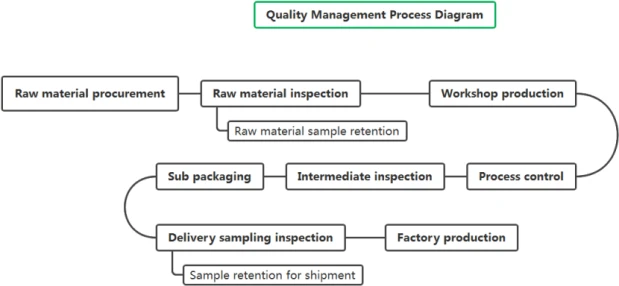
News
Dec . 06, 2024 01:10 Back to list
Custom EDTA Chelated Zinc Fertilizer for Enhanced Plant Growth and Nutrient Uptake
Custom EDTA Chelated Zinc Fertilizer A Vital Nutrient for Enhanced Crop Growth
In the realm of agriculture, ensuring optimal plant health and growth is crucial for achieving high yields and sustainable farming practices. One of the key micronutrients that play a significant role in the growth and development of plants is zinc. This essential trace element is vital for various physiological functions, yet its availability in the soil can often be limited. For this reason, utilizing custom EDTA chelated zinc fertilizers has emerged as an effective solution for farmers and agronomists seeking to maximize their crop potential.
The Importance of Zinc in Agriculture
Zinc is a critical component in plant metabolism. It is involved in the synthesis of plant hormones, promotes photosynthesis, and is essential for enzyme function. Plants deficient in zinc may exhibit stunted growth, chlorosis (yellowing of leaves), and poor fruit development. These deficiencies can lead to significant economic losses for farmers. Therefore, ensuring adequate zinc supply is imperative for healthy crop production.
What is Chelation?
Chelation is a chemical process that enhances the solubility and availability of nutrients in soil. In the case of EDTA (ethylenediaminetetraacetic acid) chelated zinc, the zinc ions are bound to the EDTA molecule, thereby preventing them from forming insoluble compounds that plants cannot absorb. This chelation process allows for greater nutrient stability, improved uptake by plant roots, and minimized leaching in various soil conditions.
Customization of EDTA Chelated Zinc Fertilizers
One of the major advantages of using EDTA chelated zinc fertilizers is the ability to customize formulations based on specific soil and crop requirements. Different crops have varying nutritional needs, and soil types can influence nutrient availability. Custom formulations can be tailored to ensure that the right concentration of zinc is applied, providing targeted solutions that align with crop growth stages.
Farmers can work closely with agronomists and soil scientists to analyze soil health, identify deficiencies, and develop a custom blend that suits their particular circumstances. This targeted approach not only maximizes the efficacy of zinc application but also contributes to sustainable agricultural practices by preventing over-fertilization and minimizing environmental impacts.
custom edta chelated zinc fertilizer

Benefits of Custom EDTA Chelated Zinc Fertilizers
1. Improved Nutrient Availability The chelation process allows for higher zinc availability to plants in various soil pH conditions, ensuring that crops can access this essential nutrient when they need it the most.
2. Enhanced Crop Performance By addressing zinc deficiencies promptly, farmers can experience improved crop health, increased yields, and better quality produce.
3. Cost-Effectiveness Custom formulations allow for precise application rates, minimizing waste and reducing the overall cost of fertilizers. With improved nutrient uptake, farmers can optimize their input costs and maximize productivity.
4. Sustainable Practices Customized fertilizers reduce the risk of nutrient runoff and environmental degradation. Precision in application contributes to sustainable agricultural practices by promoting soil health and minimizing the ecological footprint of farming.
5. Versatility EDTA chelated zinc can be applied through various methods, including foliar sprays and soil applications, providing flexibility based on specific crop and environmental conditions.
Conclusion
In an era where sustainable agriculture is becoming increasingly important, the role of essential nutrients like zinc cannot be overstated. Custom EDTA chelated zinc fertilizers offer a practical and effective solution to combat zinc deficiency in crops. By embracing tailored approaches, farmers can ensure optimal nutrient availability, enhance crop performance, and contribute to sustainable farming practices. Investing in custom zinc solutions is not just an agricultural choice—it's a commitment to the future of crop production and environmental stewardship.
-
Polyaspartic Acid Salts in Agricultural Fertilizers: A Sustainable Solution
NewsJul.21,2025
-
OEM Chelating Agent Preservative Supplier & Manufacturer High-Quality Customized Solutions
NewsJul.08,2025
-
OEM Potassium Chelating Agent Manufacturer - Custom Potassium Oxalate & Citrate Solutions
NewsJul.08,2025
-
OEM Pentasodium DTPA Chelating Agent Supplier & Manufacturer High Purity & Cost-Effective Solutions
NewsJul.08,2025
-
High-Efficiency Chelated Trace Elements Fertilizer Bulk Supplier & Manufacturer Quotes
NewsJul.07,2025
-
High Quality K Formation for a Chelating Agent – Reliable Manufacturer & Supplier
NewsJul.07,2025
